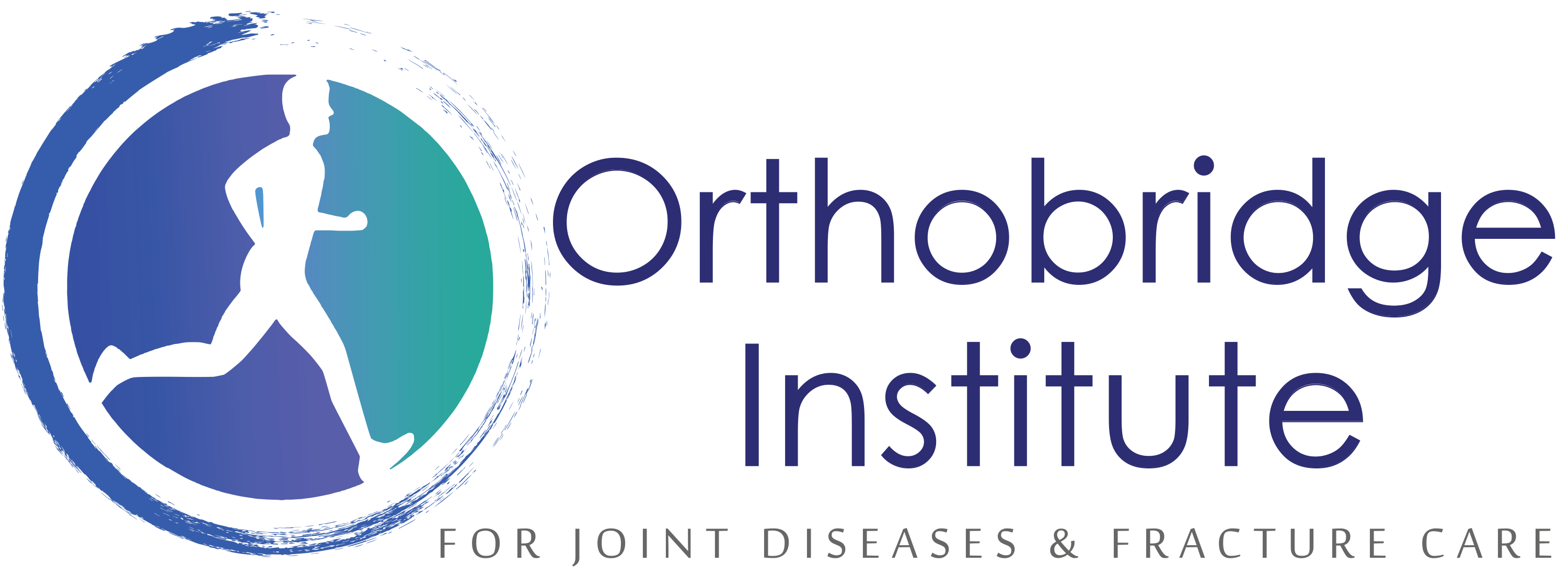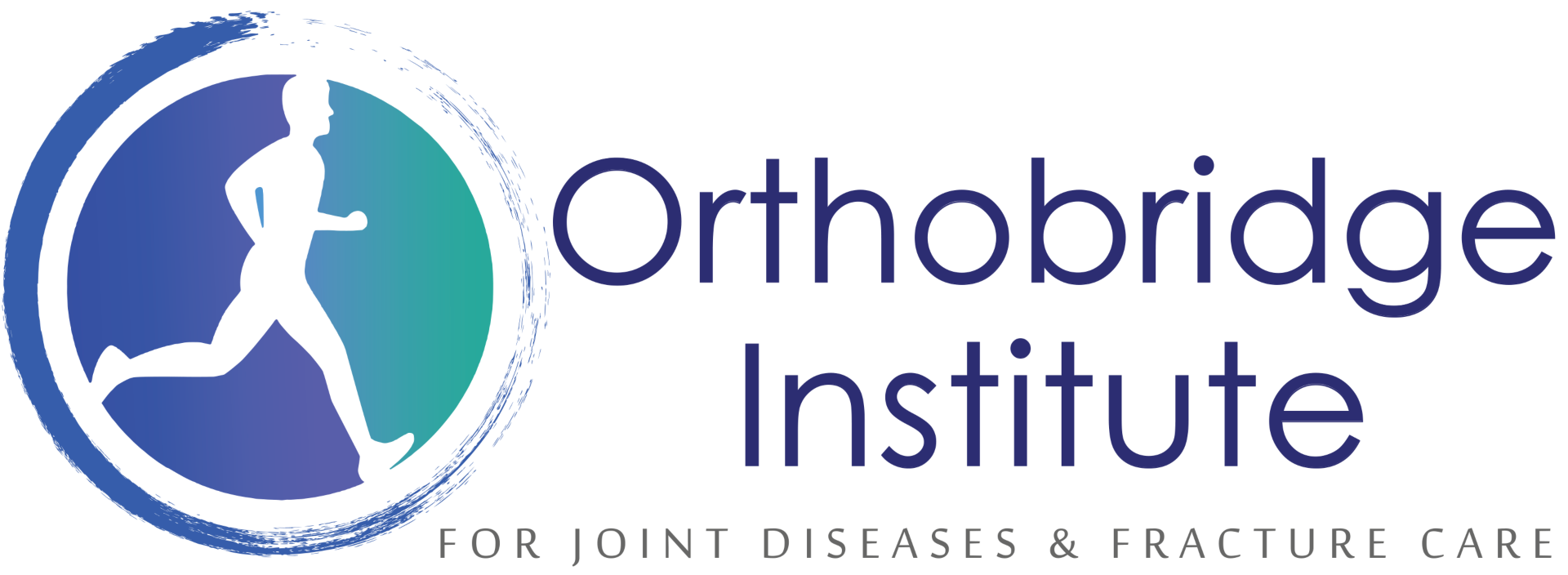Irritable Hip Syndrome
Learn more about some common hip fracture here we treat at Orthobridge Orthopedic Centre.
Irritable Hip Syndrome
Irritable hip, also known as acute transient synovitis, is a common disorder of childhood characterized by hip pain and limping. The term transient means that it does not last long. It usually occurs before puberty and affects only one hip. Boys aged between 4 to 10 years are most often affected.
Irritable hip is a common childhood condition that causes symptoms such as hip pain and limping. Doctors sometimes refer to irritable hip as transient or toxic synovitis. Hip pain isn’t usually severe, but your child may be reluctant to place weight on the affected leg.

Signs and symptoms of Irritable Hip Syndrome
>>> Hip pain
>>> Limping
>>> Pain, which may spread to the groin, thigh, and knee areas
>>> Abnormal crawling
>>> Abnormal crying
>>> Slight fever
Causes of an Irritable Hip
The exact cause of an irritable hip is unknown. But in some cases, the condition can occur because of viral infection (upper respiratory tract), a fall or injury. An irritable hip can also occur because of Perthes disease, a condition where the head of the thighbone deteriorates because of poor blood supply.
Is it serious?
As a parent, it can be very worrying if your child is diagnosed with irritable hip and is struggling to walk. However, the condition is usually short-lived.
Most cases don’t require specific treatment, because the pain usually passes within two weeks.
A small number of children with irritable hip go on to have further episodes. However, these episodes usually become less frequent and eventually stop when the child is older.
Recovery
Ibuprofen, which is available over the counter, can be used to relieve pain and reduce inflammation. Your child should also rest the affected leg until symptoms have passed. Massaging the affected hip and applying heat may also help to reduce your child’s hip pain. It usually takes a couple of weeks to recover from irritable hip, although your GP may recommend that your child does not play sport or take part in any strenuous activities for at least another two weeks following treatment. This is to reduce the chances of irritable hip returning.
Swimming is a good way to strengthen the joint and get it moving again. A follow-up appointment may be needed up to six months later. This is to rule out other hip conditions that can also cause pain, stiffness and a limp. Hip fractures can be surgically treated with external fixation, intramedullary fixation, or by using plates and screws.
How is a Irritable Hip Syndrome
The diagnosis of an irritable hip is made based on your child’s symptoms and a physical examination. To rule out other possible causes of your child’s symptoms, the following diagnostic tests may be ordered:
- X-rays: detect any problem with your child’s bone
- Blood tests: determine a bone or joint infection
- Ultrasound scan: creates an image of the affected hip joint and detects any fluid in the joint
Treatments for Irritable Hip.
The treatment of an irritable hip includes medications and bed rest. Painkillers or anti-inflammatory drugs (NSAIDs) are prescribed to help relieve pain and reduce inflammation. Your doctor may prescribe some specific medications depending on the type of infection detected in your child. Applying heat and massaging the affected hip may also help in reducing hip pain. Swimming is a great exercise to strengthen and regain the movement of the hip joint.


